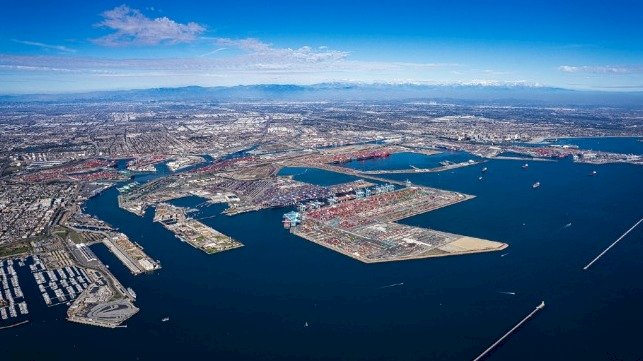Shell to Build One of Europe’s Largest Biofuels Facilities
The new facility in the Netherlands will help the country and rest of the Europe to meet internationally binding emissions reduction targets

On 16th September, Royal Dutch Shell plc (Shell) announced that it is going to invest to build an 820,000-tonnes-a-year biofuels facility at the Shell Energy and Chemicals Park Rotterdam, the Netherlands, formerly known as the Pernis refinery. The facility would be one of the largest in the Europe for producing sustainable aviation fuel (SAF) and renewable diesel made from waste.
If estimating on the basis of the annual driving distance of a UK/EU driver for a medium sized car, a renewable fuel plant with the production of 820,000-tonnes-a-year would be enough renewable diesel to avoid 2,800,000 tonnes of carbon dioxide (CO2) emissions a year, the equivalent of taking more than 1 million European cars off the roads. The estimation is
Huibert Vigeveno, Shell’s Downstream Director said, “Today’s announcement is a key part of the transformation of one of our major refineries into an energy and chemicals park, which will supply customers with the low-carbon products they want and need.”
Marjan van Loon, President Director of Shell Netherlands BV said, “Shell has been on the road to a lower-carbon future for some time. This investment is an important step as we transform the Energy and Chemicals Park Rotterdam from a traditional refinery into a sustainable energy park. The project will mean hundreds of millions of dollars of investment each year during construction, it will create hundreds of jobs, and help to maintain the facility’s competitiveness for years to come.”
The new facility in the Netherlands will help the country and rest of the Europe to meet internationally binding emissions reduction targets. The investment in the facility is also a step forward for Shell in its own goal of being a net-zero emission energy business by 2050 and towards achieving the climate goals according to the Paris Agreement. It is expected that Shell would be using the technology to capture carbon emissions from the manufacturing process and store them in an empty gas field beneath the North Sea through the Porthos project. Shell is expected to make a final investment decision on the Porthos project next year.
As part of its Powering Progress strategy, Shell is transforming its 14 refineries into five energy and chemicals parks with the aim of reducing the production of traditional fuel by 55% by 2030 and replace them with low-carbon fuels such as biofuels for road transport and aviation, and hydrogen. The Energy and Chemicals Park Rotterdam is the second park to be announced following the launch of the Energy and Chemicals Park Rheinland, Germany in July.




























